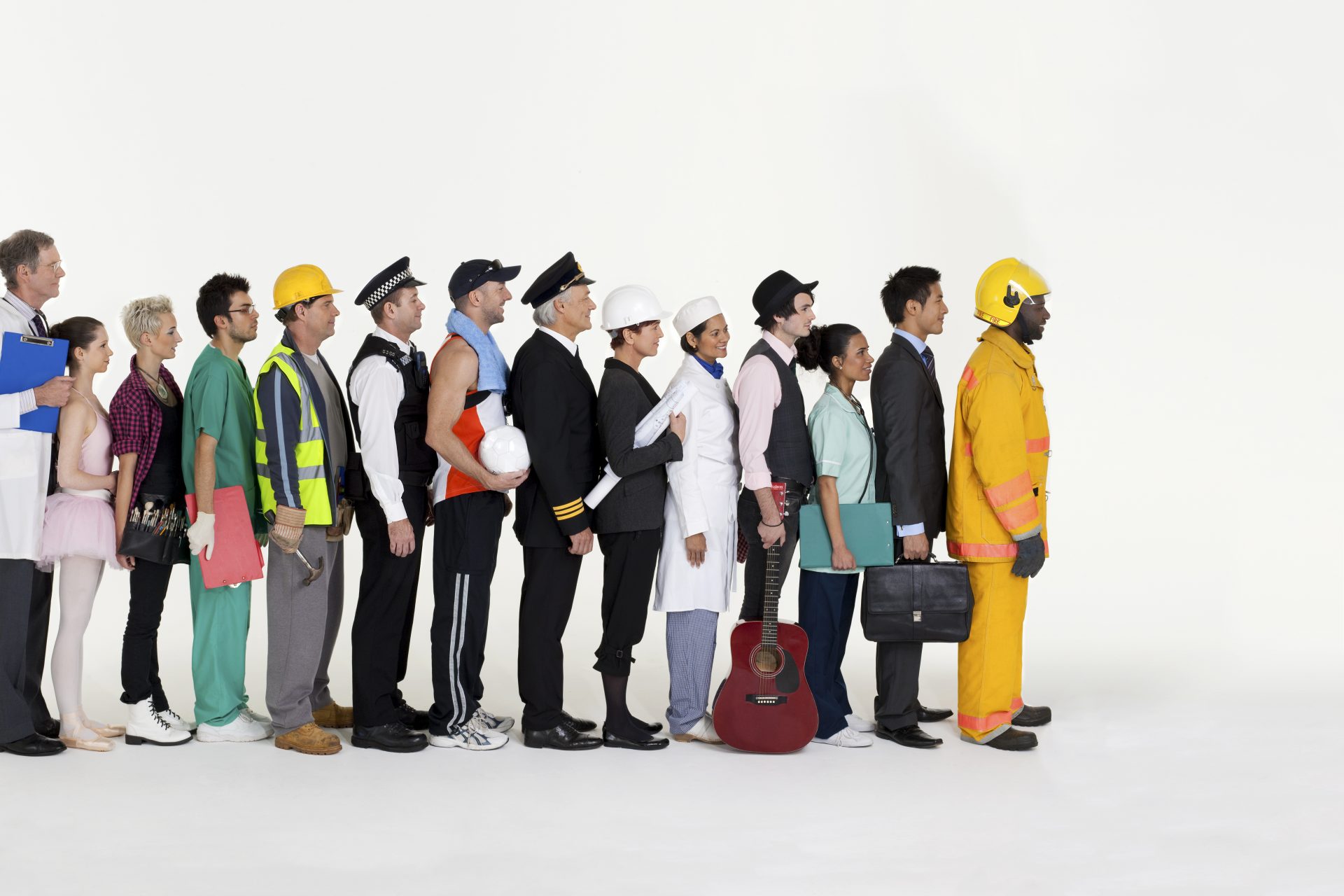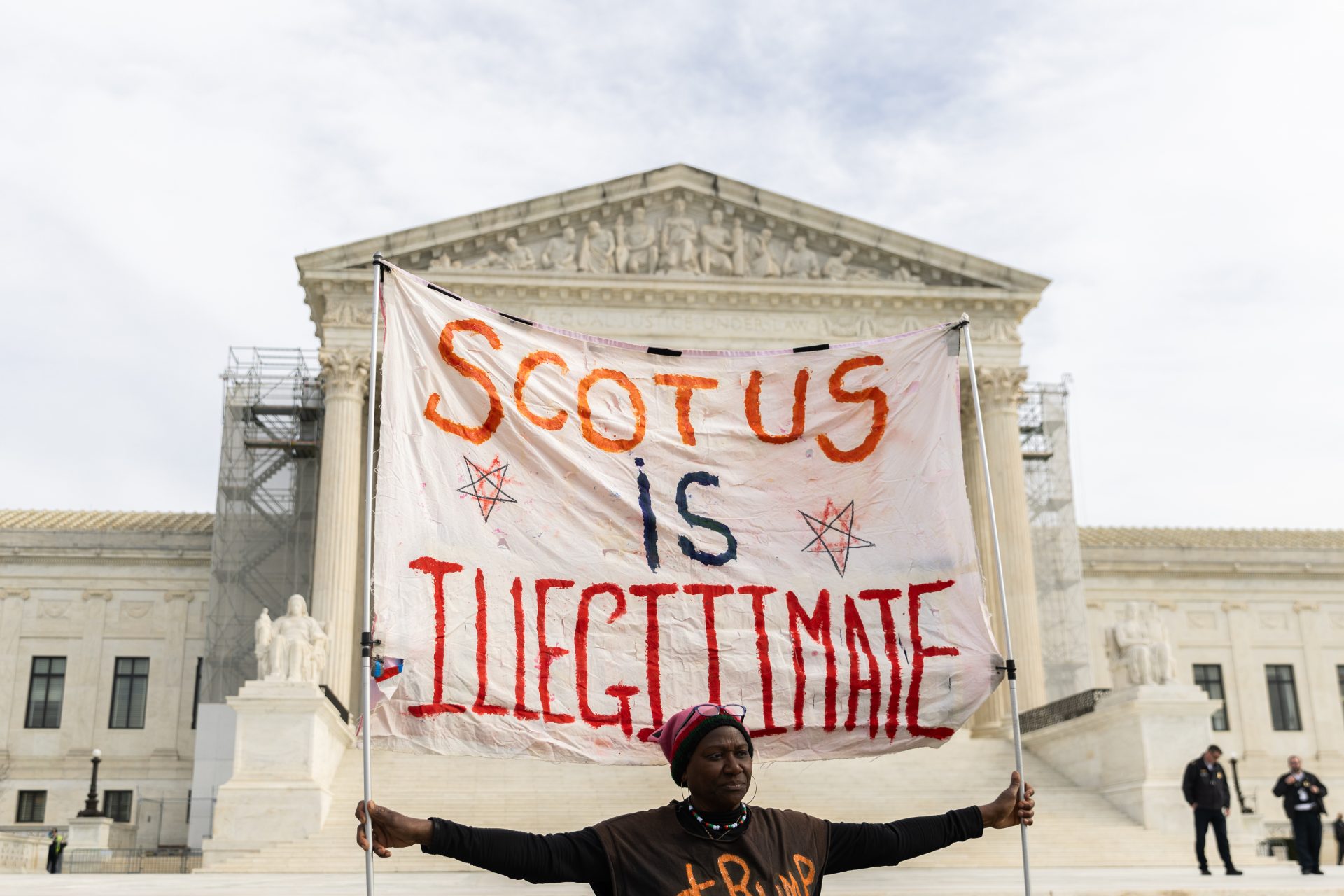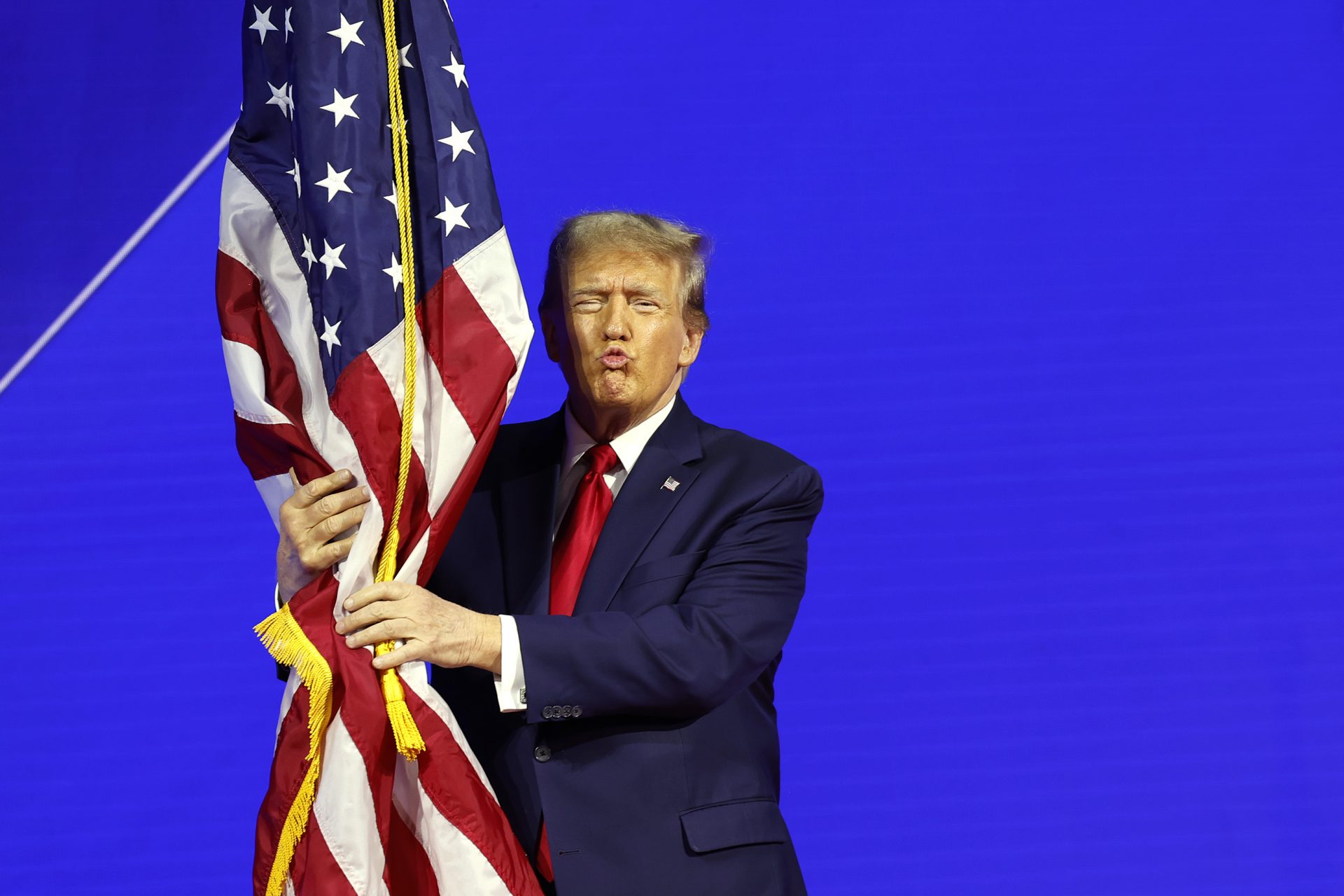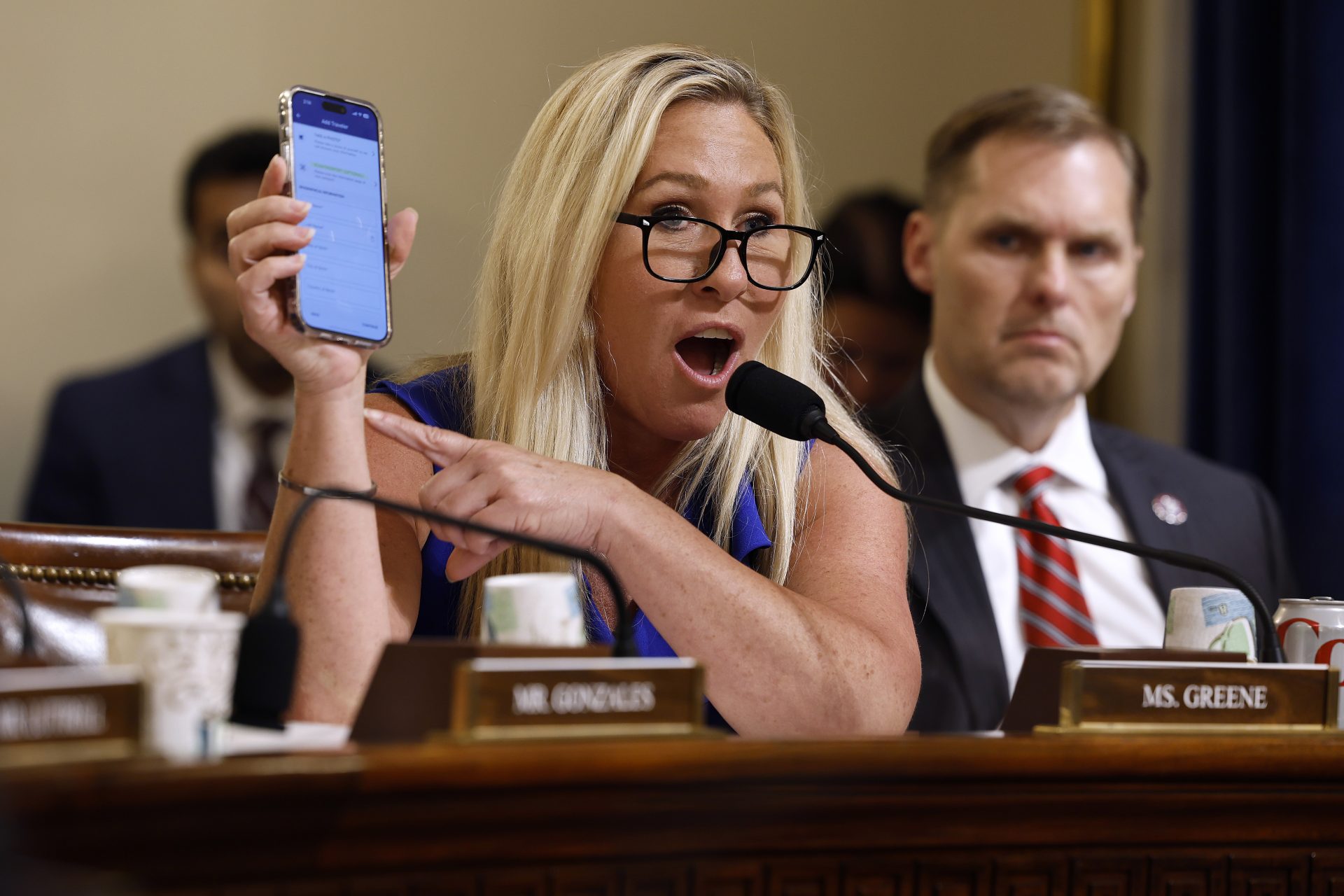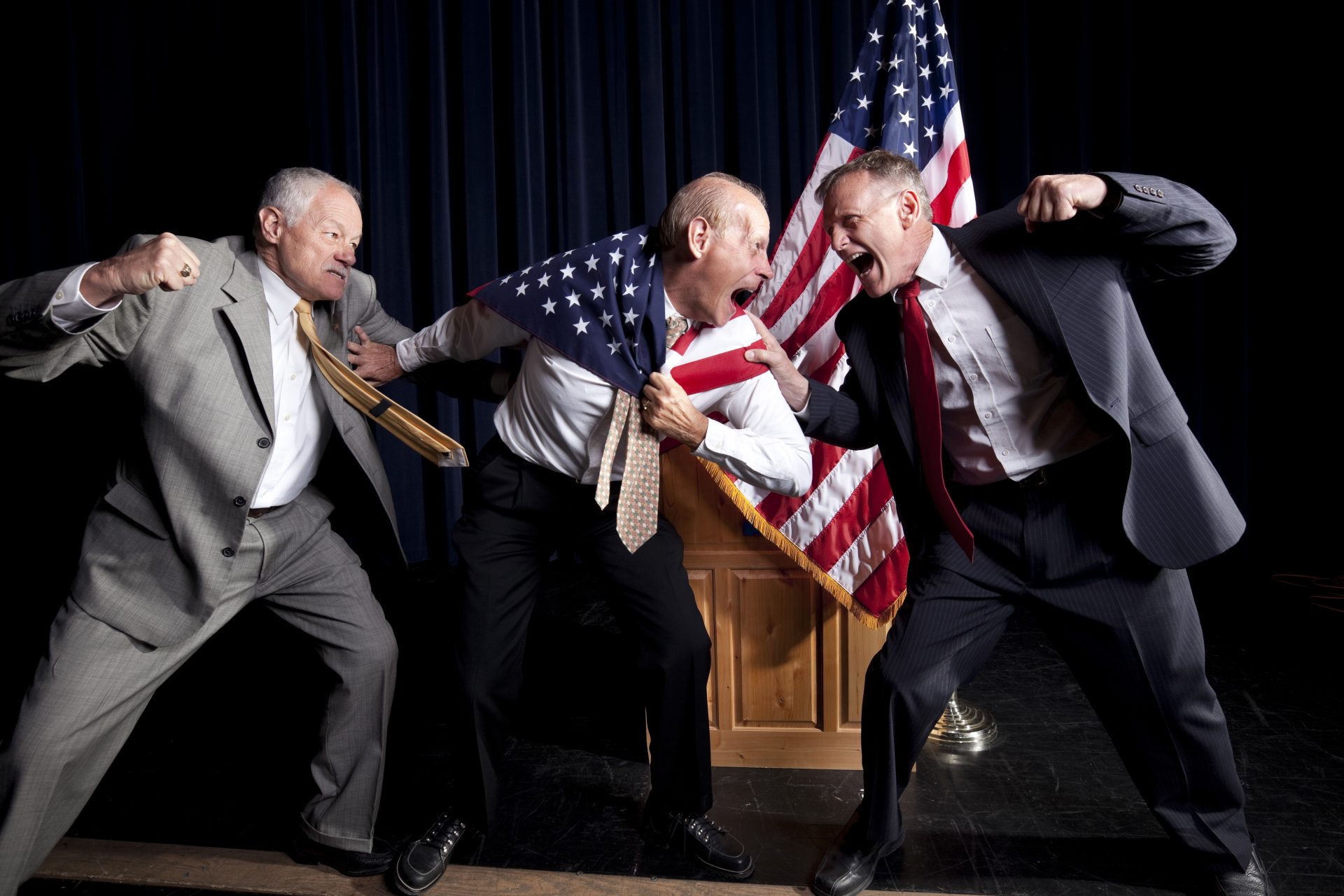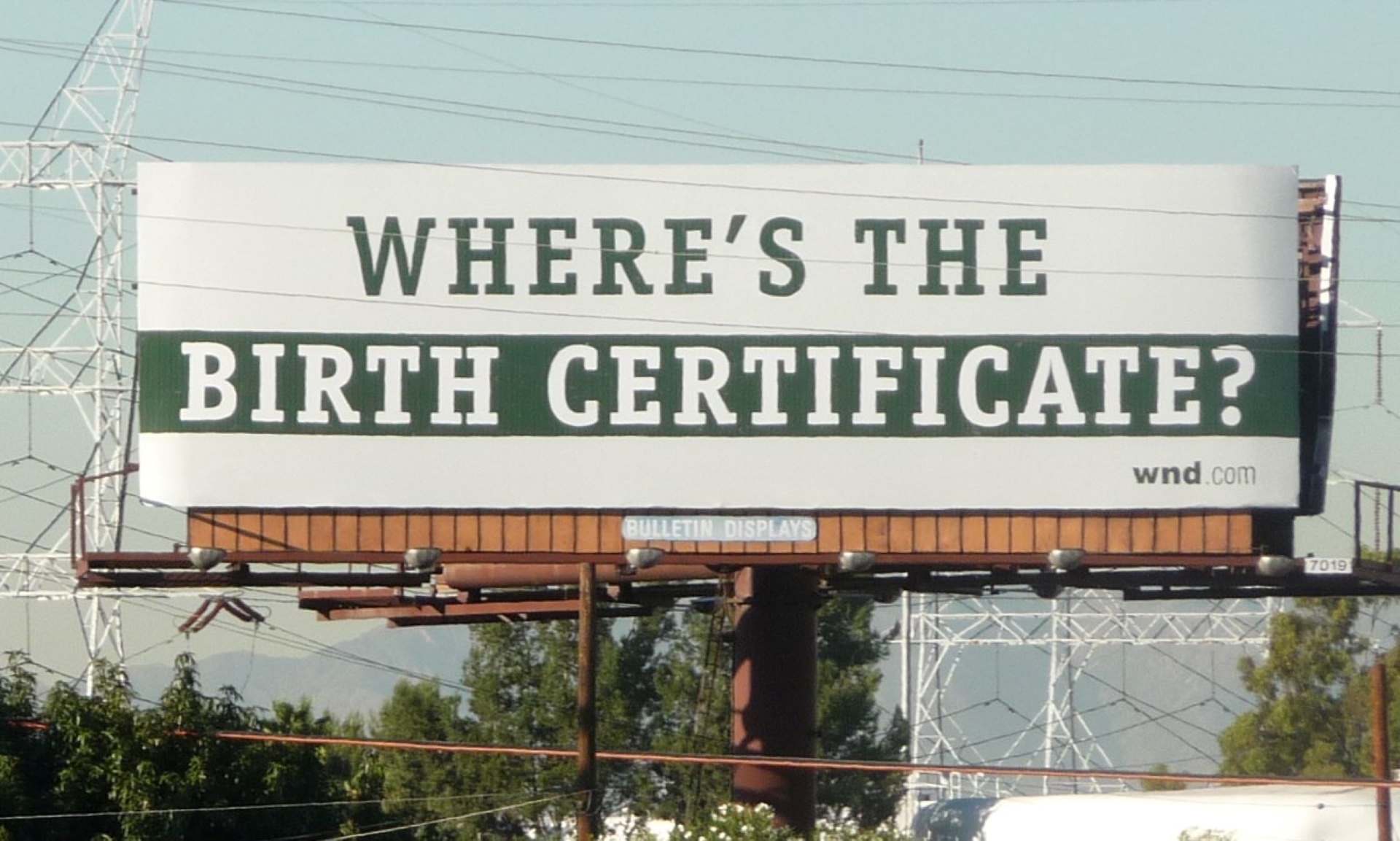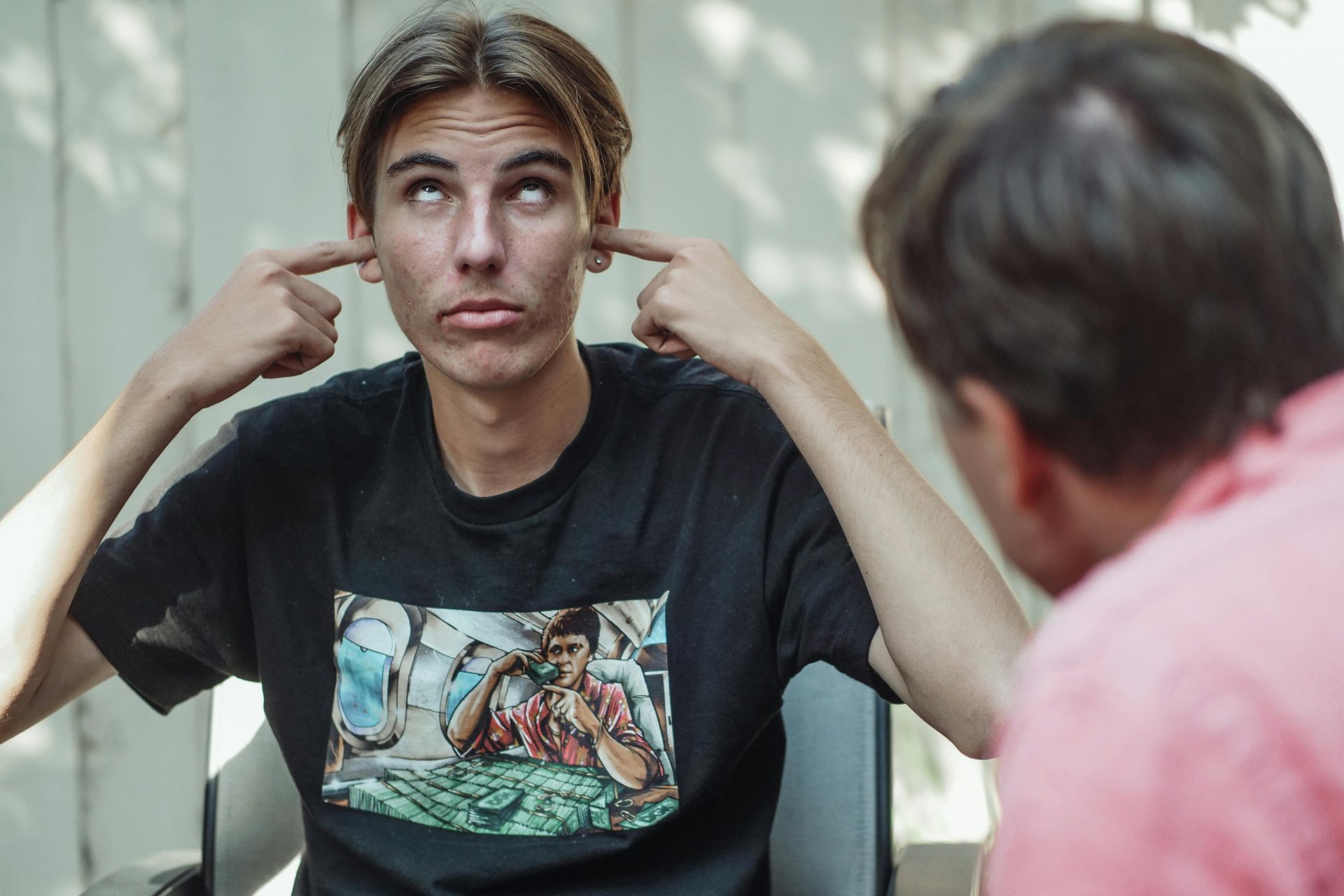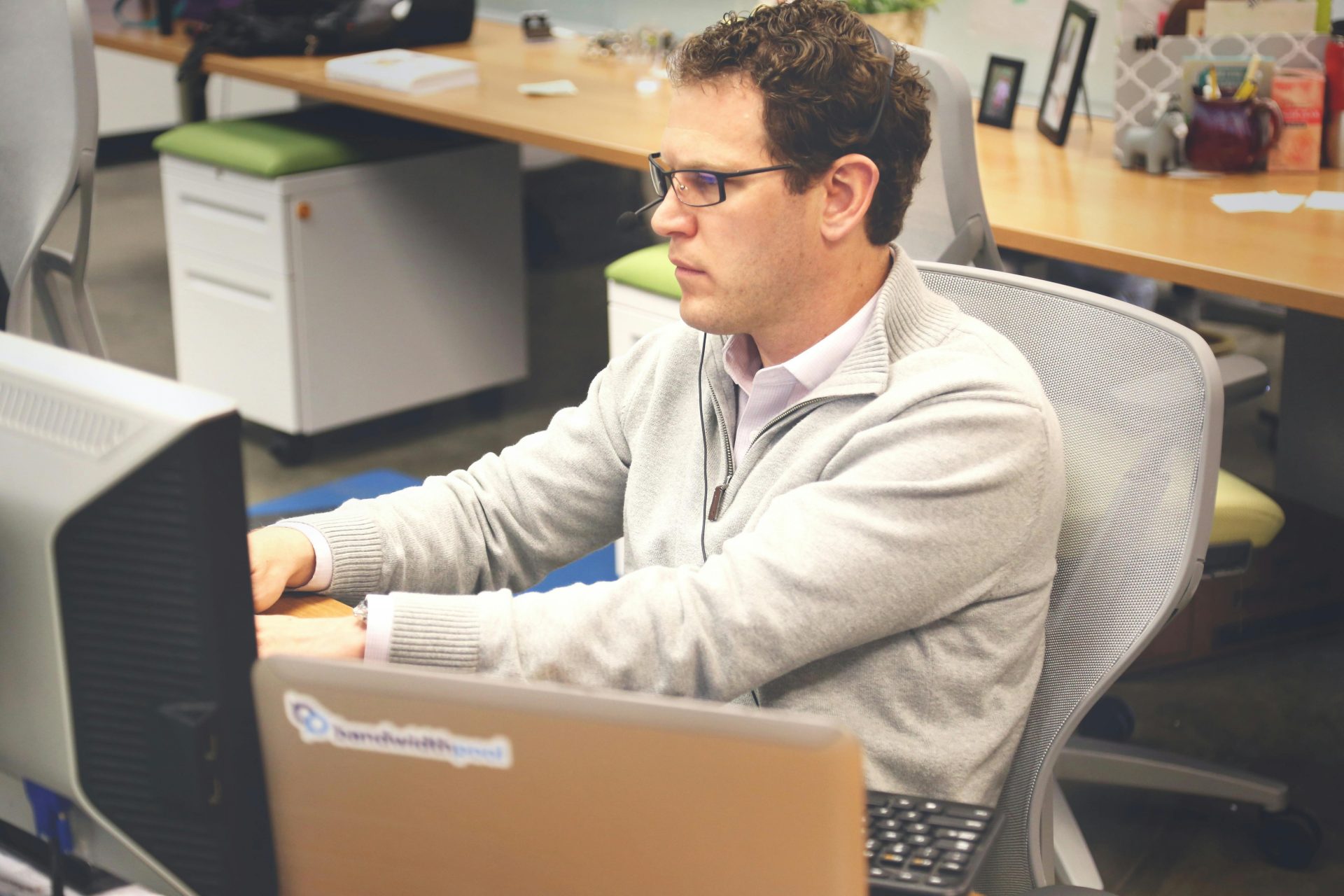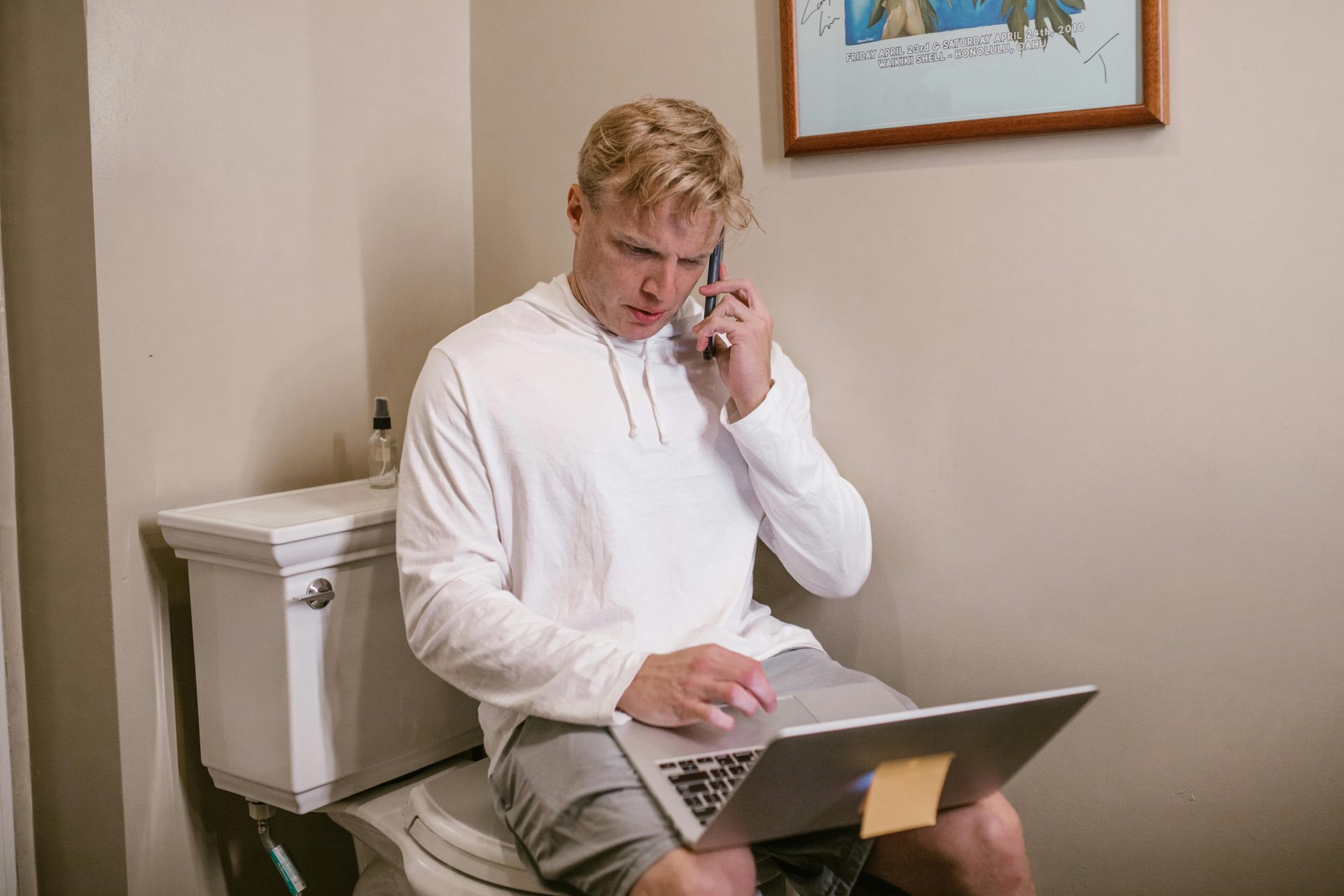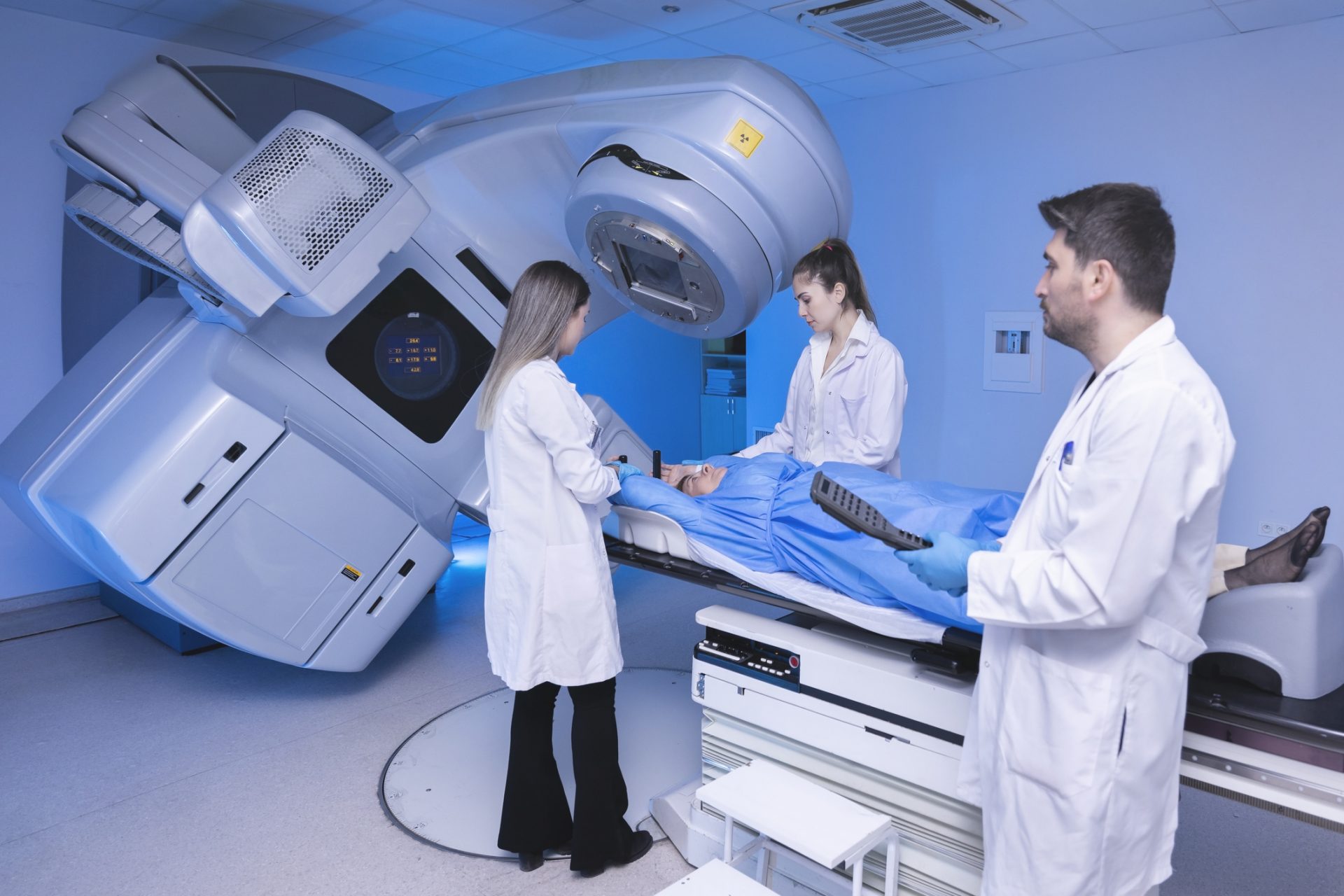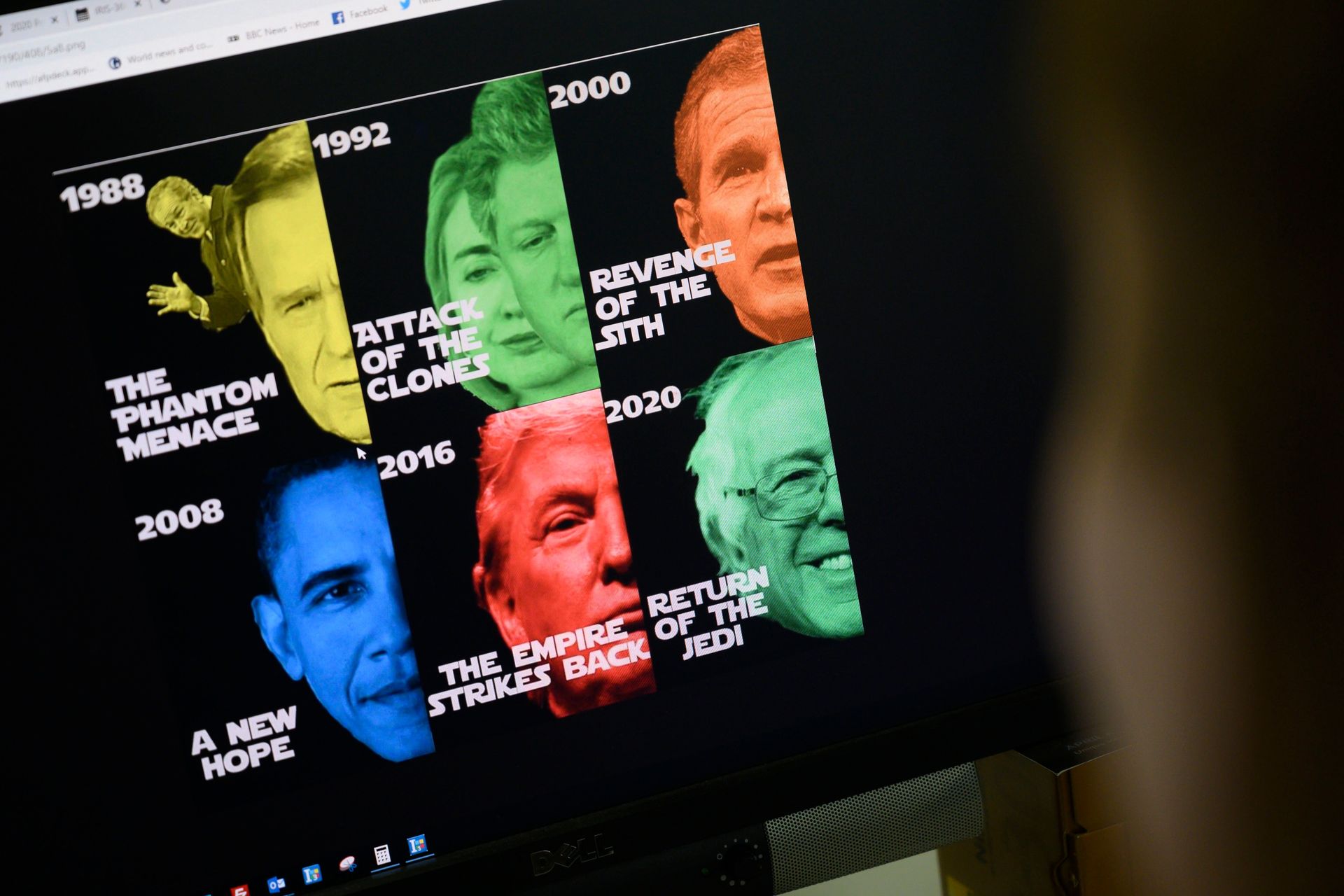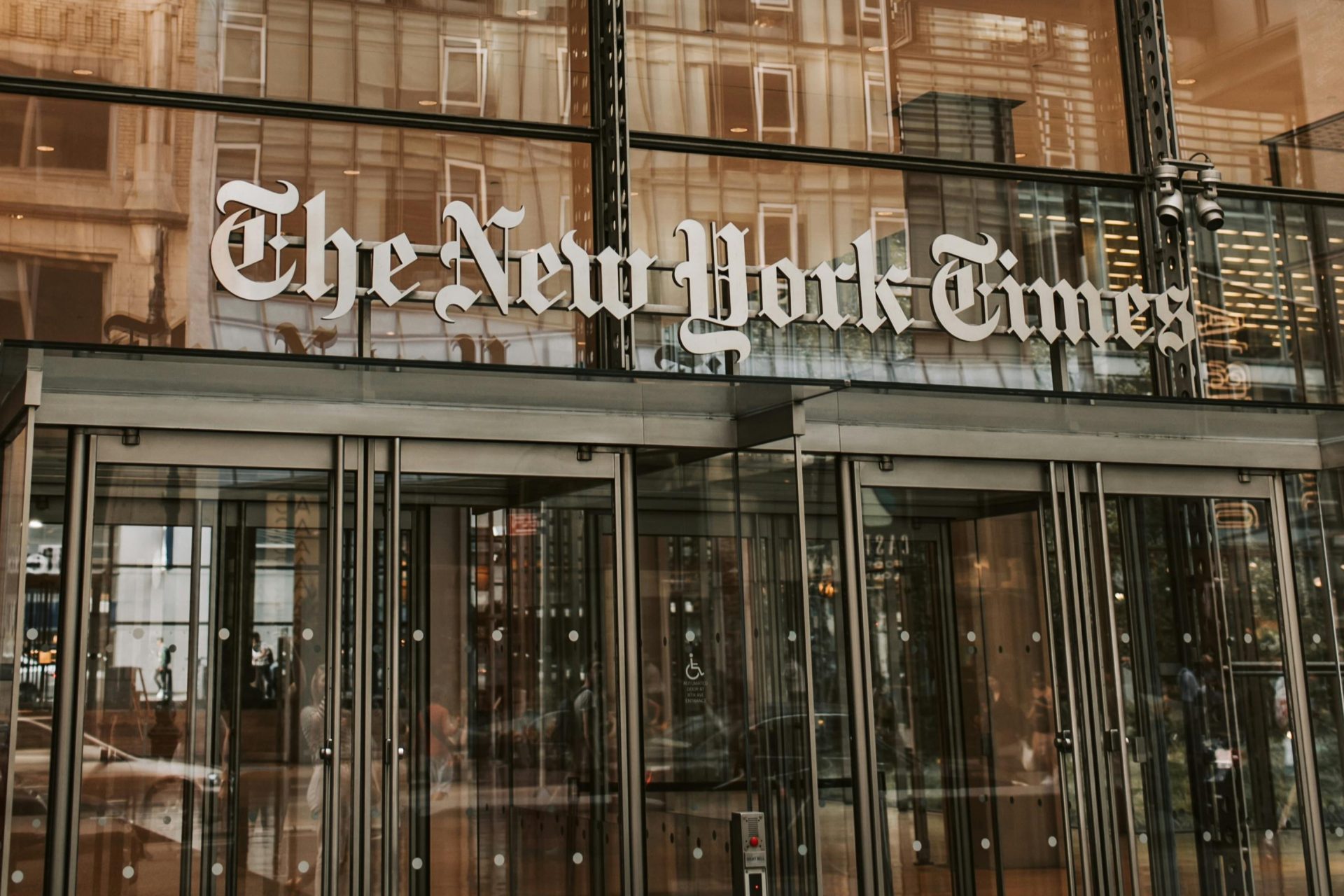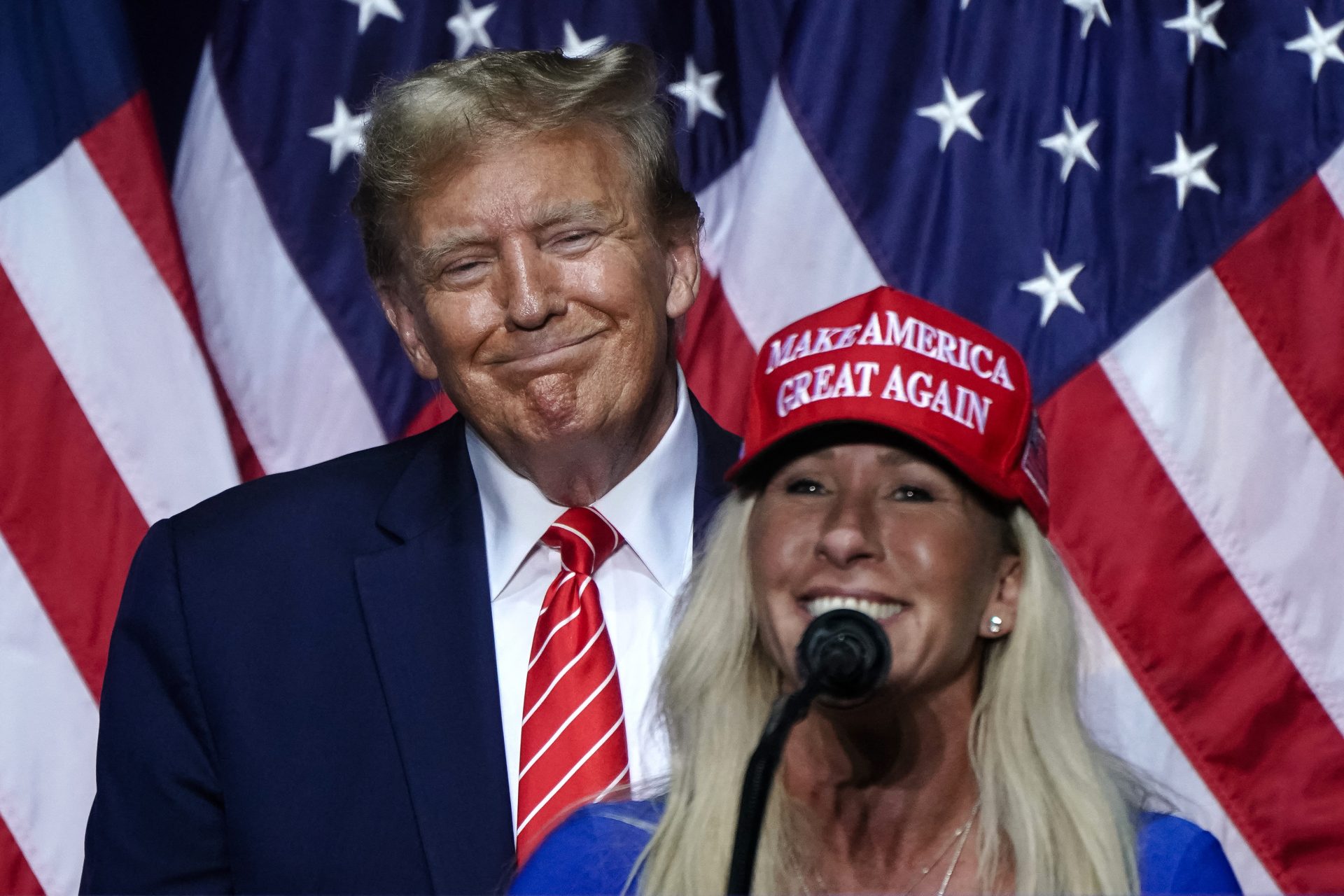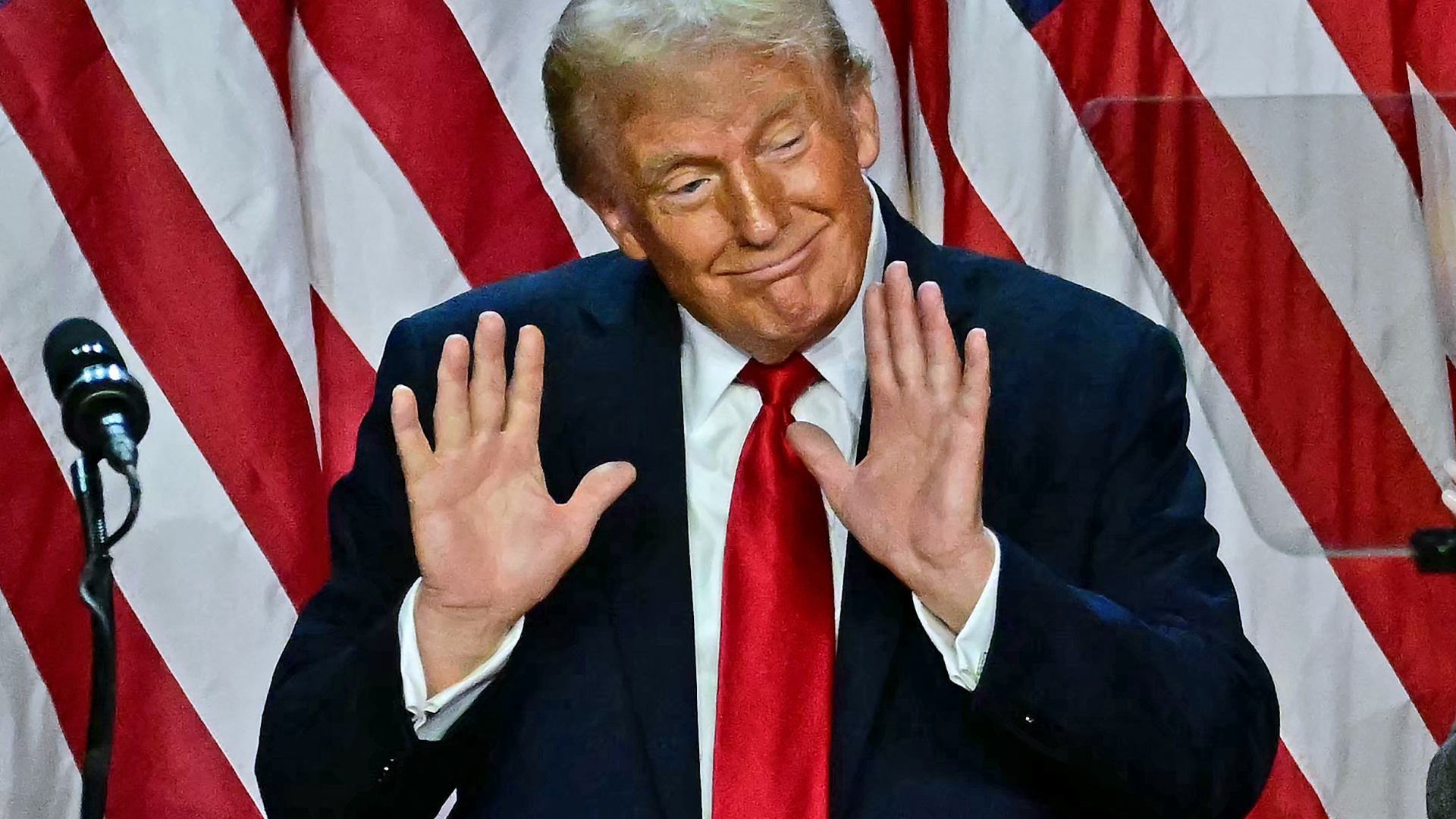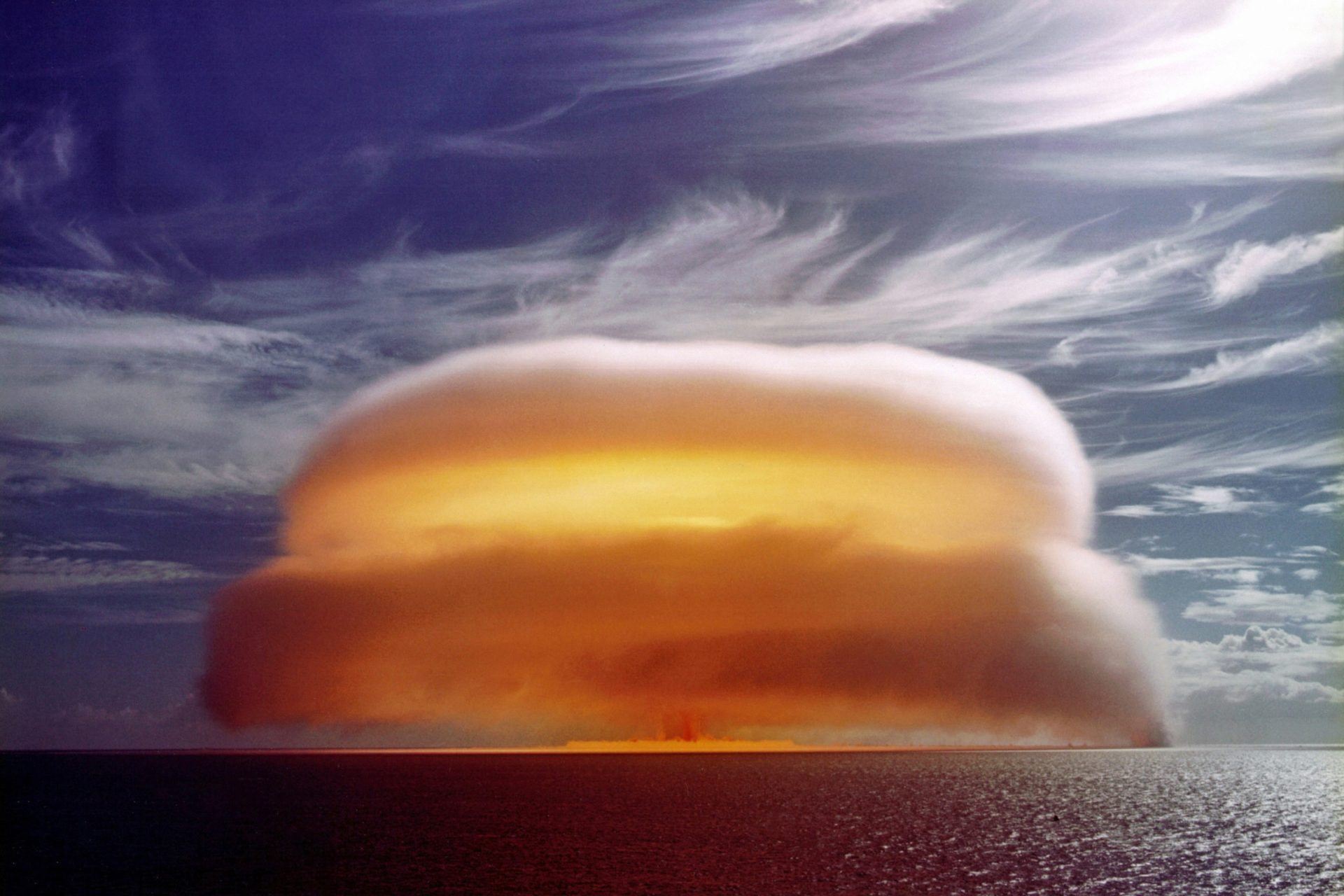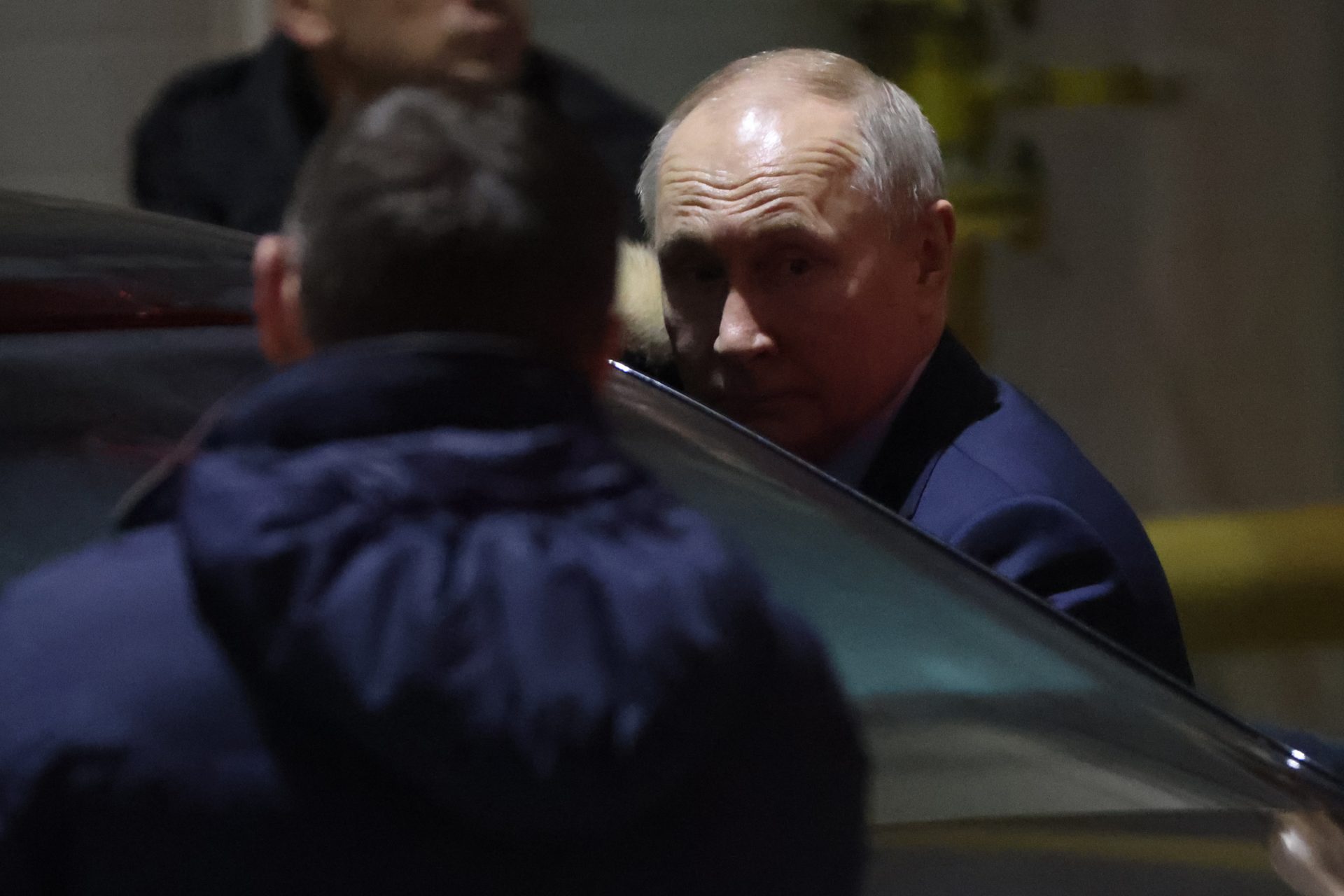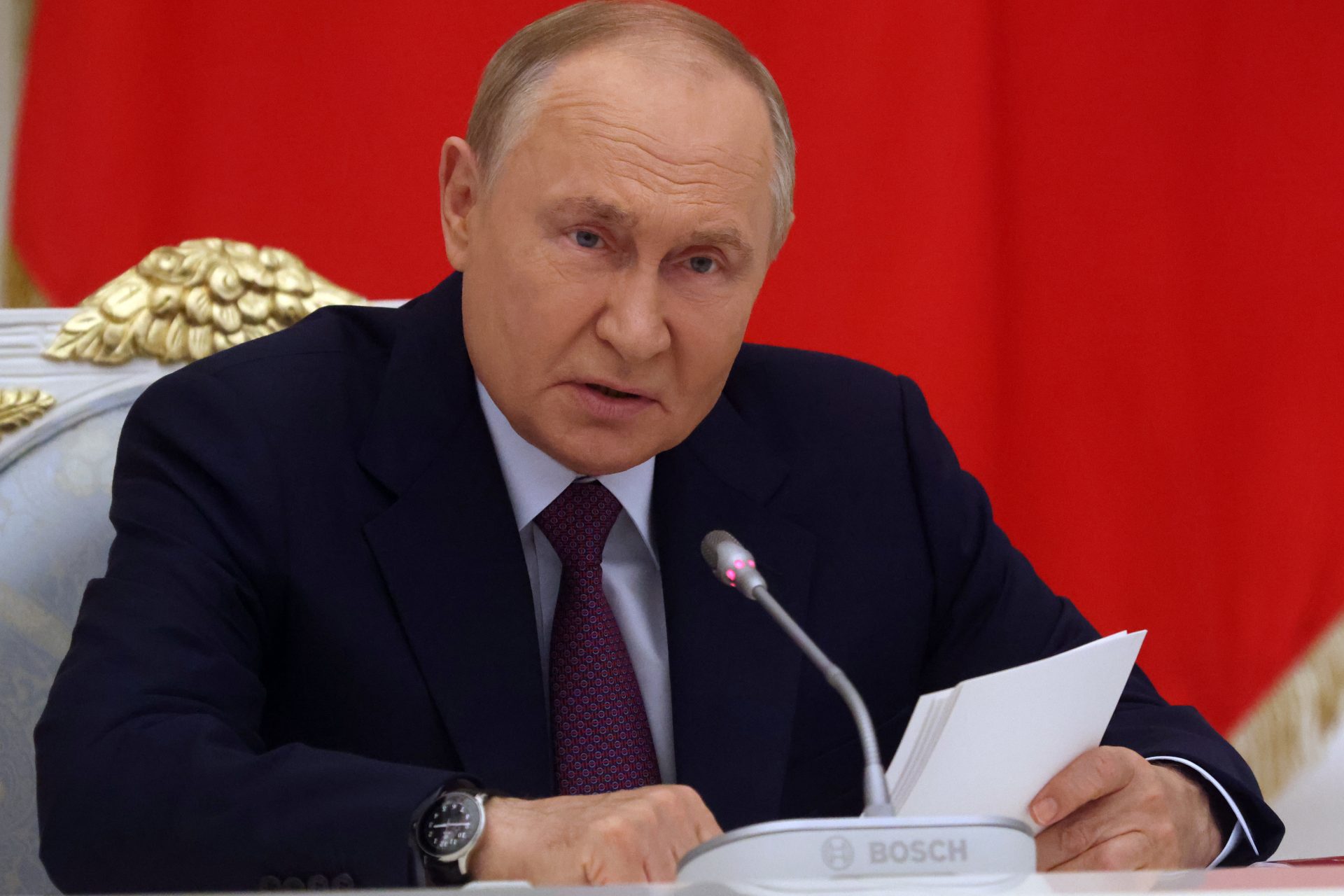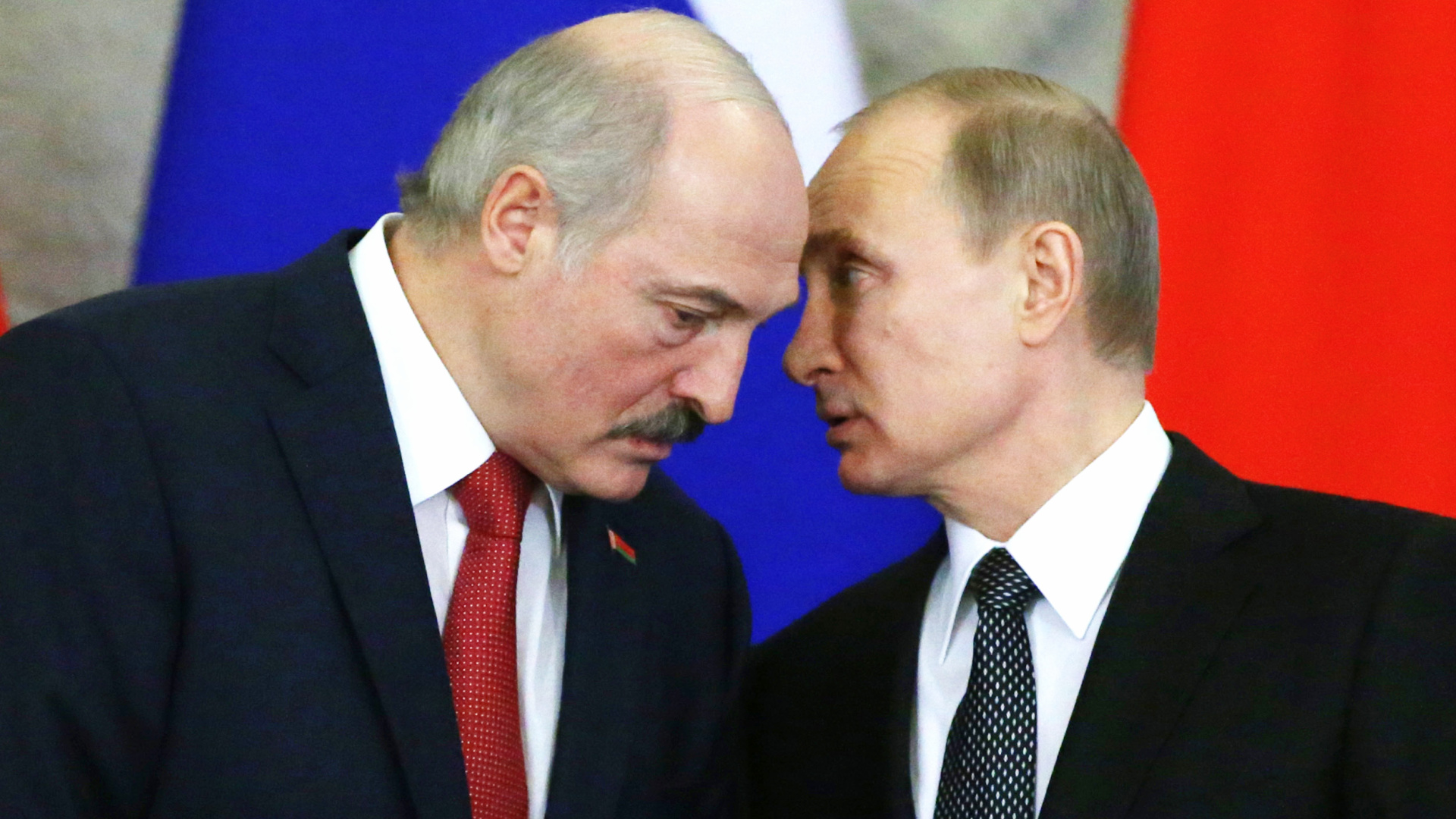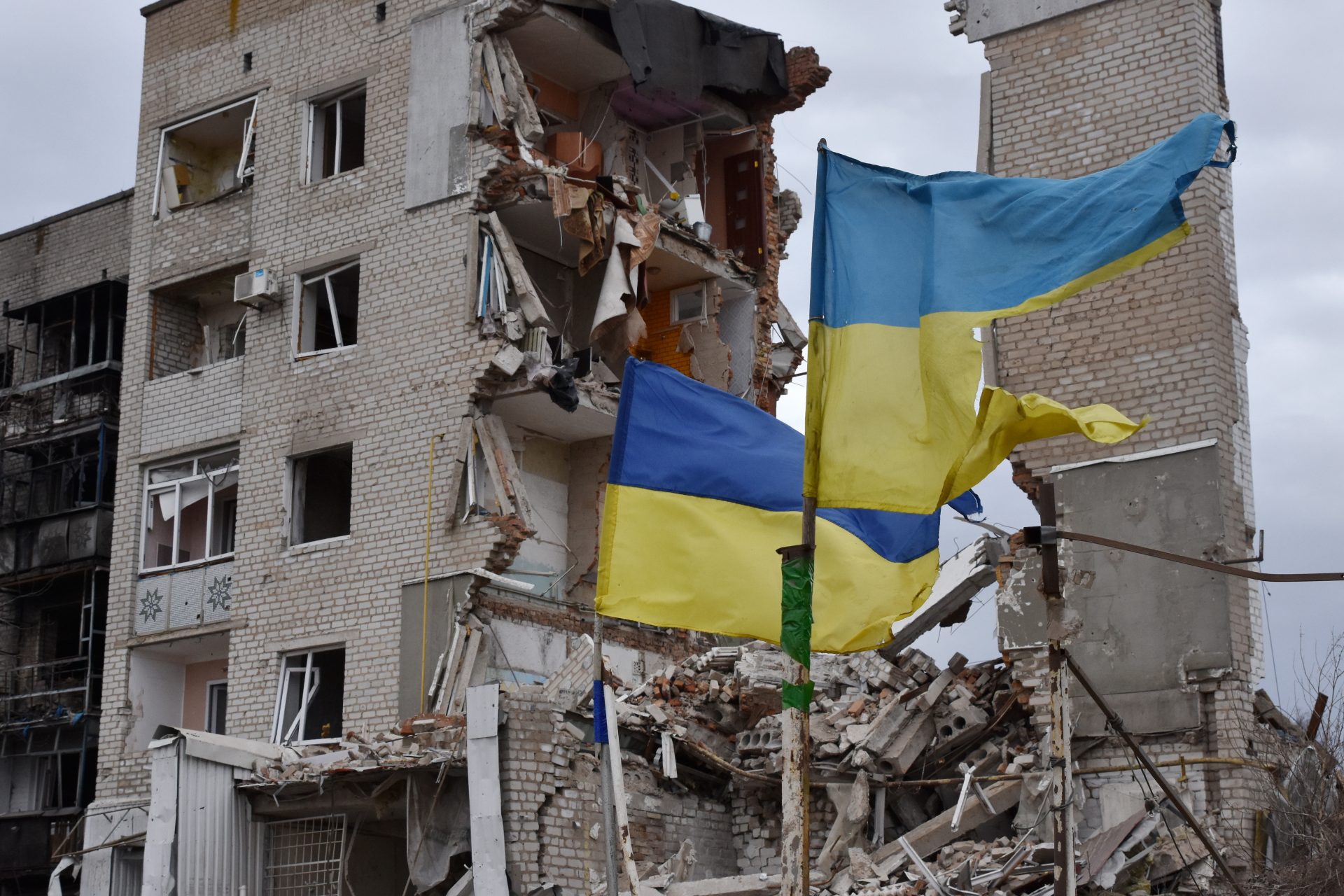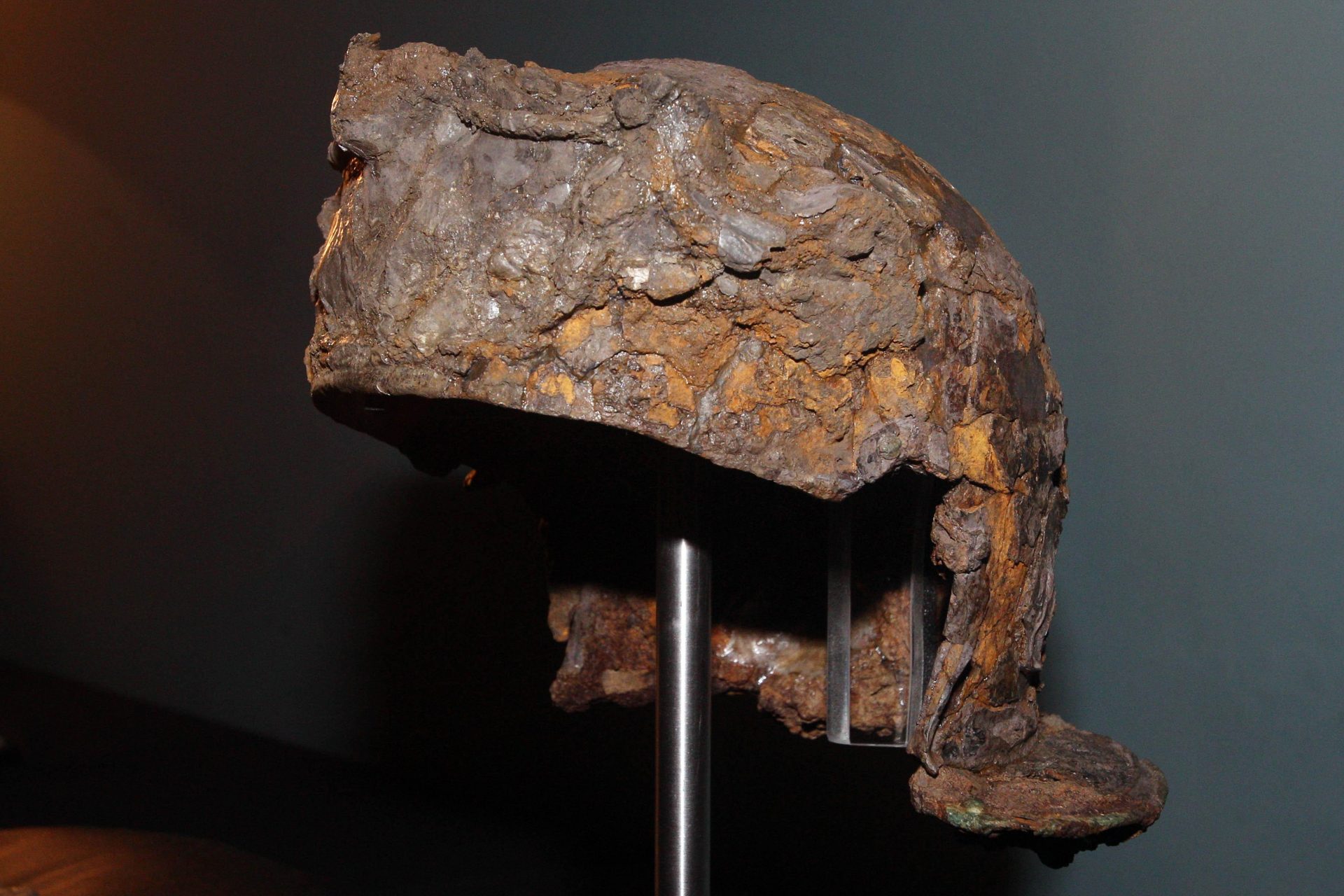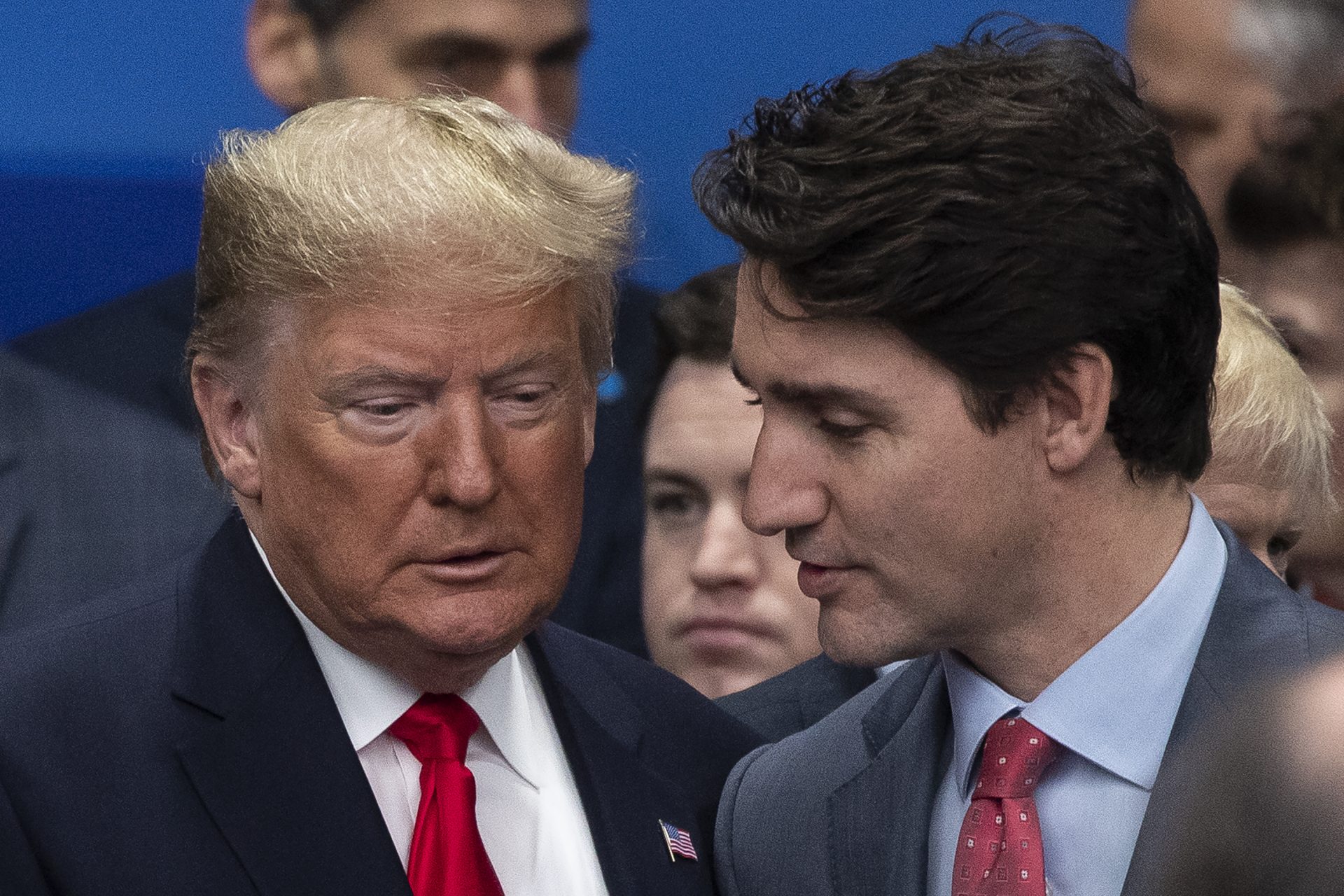Why Americans don’t trust experts anymore
The United States is home to many of the best research institutes and learning centers in the world, yet Americans’ trust is eroding in experts of all kinds.
A 2023 Gallup survey, found that Americans’ trust in their institutions, which are generally made up of experts, is close to historic lows. From the church to the military; The Supreme Court to banks, public schools, the media, police, and the medical system — confidence in institutions has generally eroded significantly over recent decades.
A recent Pew survey found that scientists are increasingly going the way of lesser trusted institutions. In Oct. 2023, 73% of U.S. adults said they had a great deal or fair amount of confidence in scientists to act in the public’s best interests. That’s down big time from the 86% who said the same in Jan. 2019.
That’s the million-dollar question. Through a combination of technology and education, experts like doctors or scientists know a lot more now than they did in the past. So why do Americans lack confidence? There are many reasons…
Trust has become a major issue in political discourse, and certain groups like journalists or scientists have been targets of politicians’ rhetoric and roasts.
You can see just how much politics influences trust with this statistic: In the Oct. 2023 Pew survey, nearly four in ten Republicans (38%) said they have not too much or no confidence at all in scientists – up dramatically from 14% in April 2020, before the pandemic and public health officials became a major political target.
Polarization is certainly an issue, as politicians of all stripes end up catering to their own camps and see the other as the enemy… or at least a danger. As the stereotype has it, in one corner you have snobby out-of-touch elites (experts) who are destroying the fabric of society. In the other: backward rednecks who oppose any progress and want to send women back home and re-establish racial hierarchies. So, if one group is led to believe experts hate them, think they are dumb and have ill intent, they'll be quick to believe they are wrong.
Conservative Tom Nichols wrote the 2017 book The Death of Expertise and described the problem like this: "Americans have reached a point where ignorance, especially of anything related to public policy, is an actual virtue. To reject the advice of experts is to assert autonomy." In other words, instead of going with facts, politicians, grifters or those in the media can stand out and gain bigger platforms by refuting certain knowledge.
English: Victor Victoria via Wikimedia
Imagine this: You’re in an airplane and having a health emergency. Someone asks if there is a doctor on board, and a very female army doctor steps up with all the right expertise. Behind her, a white man says “I’m a nurse,” and she is ignored while he is called over to help. Well, yes, that is exactly what happened to Dr. Amina Mogul on one flight, according to the podcast Against the Rules by Michael Lewis.
And yes, this may sound anecdotal, but according to journalist Michael Lewis (the author of ‘Moneyball’), there is a Facebook group full of female doctors who were made invisible during medical emergencies.
Indeed, with more minorities and women becoming top experts, more of the best are being overlooked or simply not trusted. That’s backed by a 2023 paper in Public Opinion Quarterly, which says: “Widely held gender stereotypes present obstacles for women experts, who are generally evaluated less positively than equally qualified men across a range of fields.”
Photo: Kindel Media/ Pexels
It's not just women. As Lewis points out on his podcast, many of the best experts are hyper-focused on one area and do not necessarily have great communication or leadership skills. He the episode, The Art of the Untold Story, he highlights people behind life-saving innovations who don’t get any media attention, like Osama Elissie from the Department of Agriculture who was responsible for eradicating the pink bullworm from the US — a huge win for agriculture, but you’ll be much more likely to see overconfident talking heads on TV.
Photo: Startup Stock Photos/ Pexels
According to marketing agency Trust Signals, social media is a major cause of today’s trust deficit. That’s because now, instead of a handful of authoritative news outlets sharing information, the news (and what some believe to be the truth) is being pushed by thousands of diverse voices on social media platforms like Facebook, Twitter, and YouTube.
This phrase may encapsulate that idea better than anything else. Conspiracies are also pushed by so-called experts who urge their audience to “do your own research.” In other words, individuals with no expertise are encouraged to surf the web to find out what’s really going on, rather than blindly trusting supposed experts on important issues.
Photo: RDNE Stock project / Pexels
This can be illustrated in the case of doctors. As Lewis points out, many doctors told him that even though they are now much better able to help patients because of the advances in medical understanding, patients tend to trust their doctors less today than in the past. Why? Well, they’ve googled their symptoms, listened to podcasts and seen videos that challenge conventional medical knowledge. Armed with this knowledge, they think they know more than their silly doctors.
With the USA one of the most powerful nations, many actors target the information ecosystem with disinformation. People pose as “experts” for corporate, political or individual gain. These actors seize on the overwhelming amount of information, doubt baked into science, and skepticism of institutions to push their beliefs. According to Cambridge professor Sander van der Linden, even if 98% of scientists agree on something, people might evenly the few voices that say those scientists are wrong (like on climate change).
Of course, some experts are to blame as well for eroding trust. Remember when the New York Times ensured readers that Iraq had weapons of mass destruction — which turned out to be false? Or when some public health officials or politicians suggested that getting vaccinated would totally prevent getting and spreading Covid-19 infections?
Photo: Vlada Karpovich /Pexels
As Michael Lewis points out, many people have a poor understanding of statistics, causing them to lambast experts for being wrong. But if the weatherman or woman says there’s a 20% chance it will rain, and then it rains anyway, that does not mean they are wrong. Likewise, just because something happened to a friend, that is only a sample size of one and does not mean it's true for 100% of people.
Photo: Max Fischer/ Pexels
Lewis also shared the example of NBA referees, who these days get so much hate that they need security experts to walk them to work. Back in the day, that wasn’t the case even though they were much less skilled and picked from a small pool of men. What’s the difference? He says that now with video replays and other technology that helps rulings become more precise, the job is more transparent so even if the ref makes one bad call out of 100, fans will say he or she is terrible at their job!
At the same time, science is an evolving field, and some people don’t understand how it works. Look at the very difficult field of nutrition. Past studies and advice said it was great to have a glass of wine for the antioxidants. Now, as Trust Signals points out, science has concluded the opposite. For many, this makes it hard to trust scientific expertise.
Of course, none of this is helped by scientific research in cahoots with corporations. For instance, according to the New York Times, the sugar industry paid scientists in the 1960s to play down the link between sugar and heart disease and promote saturated fat as the culprit instead. Oh, and remember the “experts” cited by pharmaceutical companies saying their opioids were not addictive? Yeah. It can be a challenge to navigate.
Photo: Ayo Ogunseinde/ Unsplash
More for you
Top Stories



